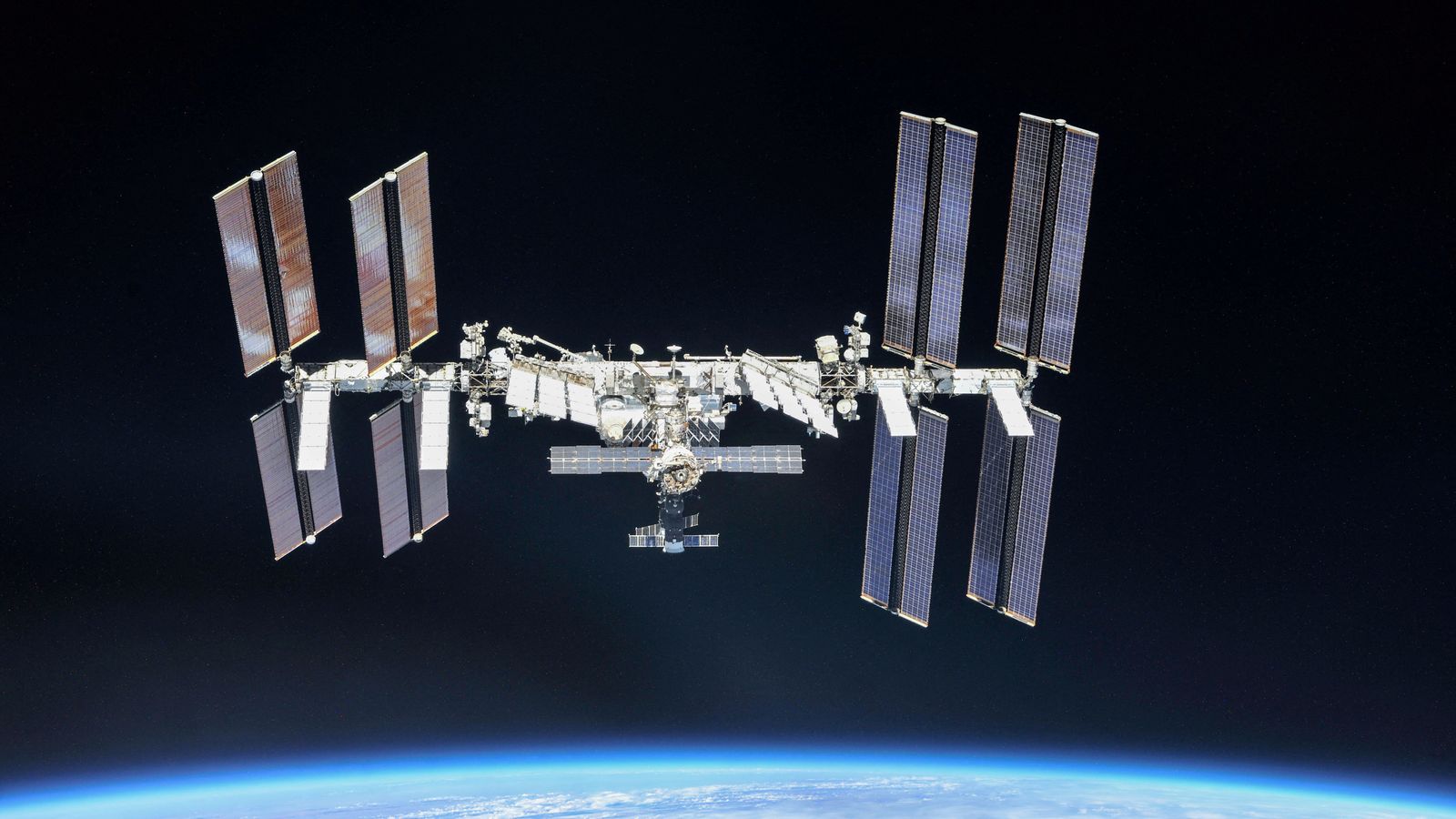Russia has said it will withdraw from the International Space Station (ISS) after 2024 to focus on building its own orbital outpost.
Yuri Borisov, who was appointed to lead the state-controlled space corporation Roscosmos earlier this month, said during a meeting with President Vladimir Putin that Russia would fulfil its obligations to other partners before it leaves the project.
Mr Borisov said, “the decision to leave the station after 2024 has been made”.
The US, however, says no such move has been communicated to NASA.
It comes amid continued tensions between Moscow and the West over the war in Ukraine.
In April, Mr Borisov’s predecessor, Dmitry Rogozin, said Russia would halt co-operation on the ISS in response to the sanctions imposed on Russia over the invasion of Ukraine.
He argued the sanctions were designed “to kill the Russian economy, plunge our people into despair and hunger, and bring our country to its knees” and said normal relations could only be restored with the unconditional lifting of the “illegal” measures.
Despite heightened tensions, NASA and Roscosmos agreed earlier this month for astronauts to continue riding Russian rockets and for cosmonauts to catch lifts to the ISS with SpaceX beginning in autumn.
The agreement will ensure the space station will always have at least one American and one Russian on board to keep both sides of the orbiting outpost running smoothly, NASA and Russian officials said.
Natan Eismont, head scientist at the Space Research Institute of the Russian Academy of Sciences, has spoken of his regret that his country is opting out of the ISS after 2024 and creating a new space complex.
He told Sky News: “The ISS was the most powerful instrument for international cooperation… to say goodbye to this unprecedented instrument, I think it’s a pity.”
However, he added: “I don’t think it’s the end of cooperation.”
Earlier this year, NASA published plans for the ISS which could see the 444,615kg structure taken out of orbit in January 2031 and crashed into a “spacecraft cemetery”.
It said the laboratory would continue operating until 2030, but its long-term future is unsustainable.
